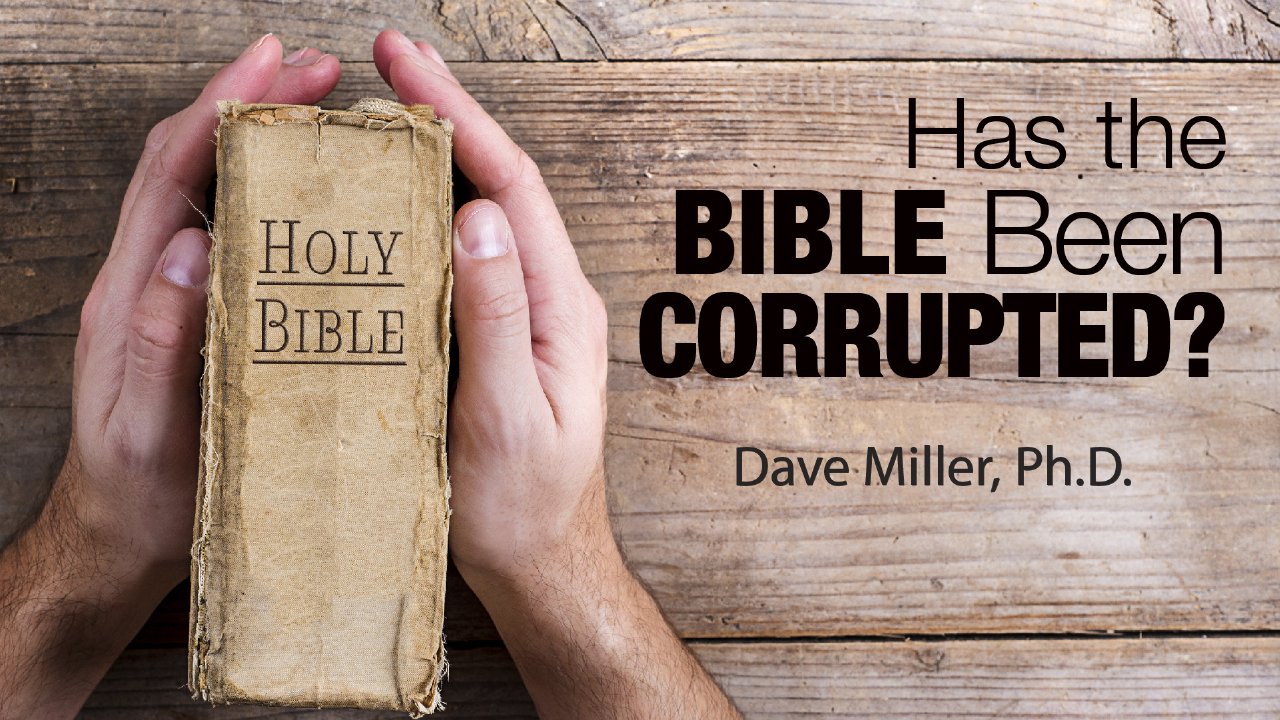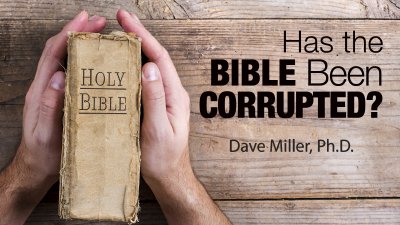As copies of the Bible were being made, sometimes the scribes or monks who were transcribing the texts introduced intentional changes. These were not a miscreant act to alter the text, but what a scribe may have felt needed to be changed, such as what he thought might have been a misspelled word. In this lesson, Dave Miller, Ph.D., discusses these different types of intentional errors and if they affected the message of the Bible.

Intentional Errors
Dave Miller
More from
Has the Bible Been Corrupted?





